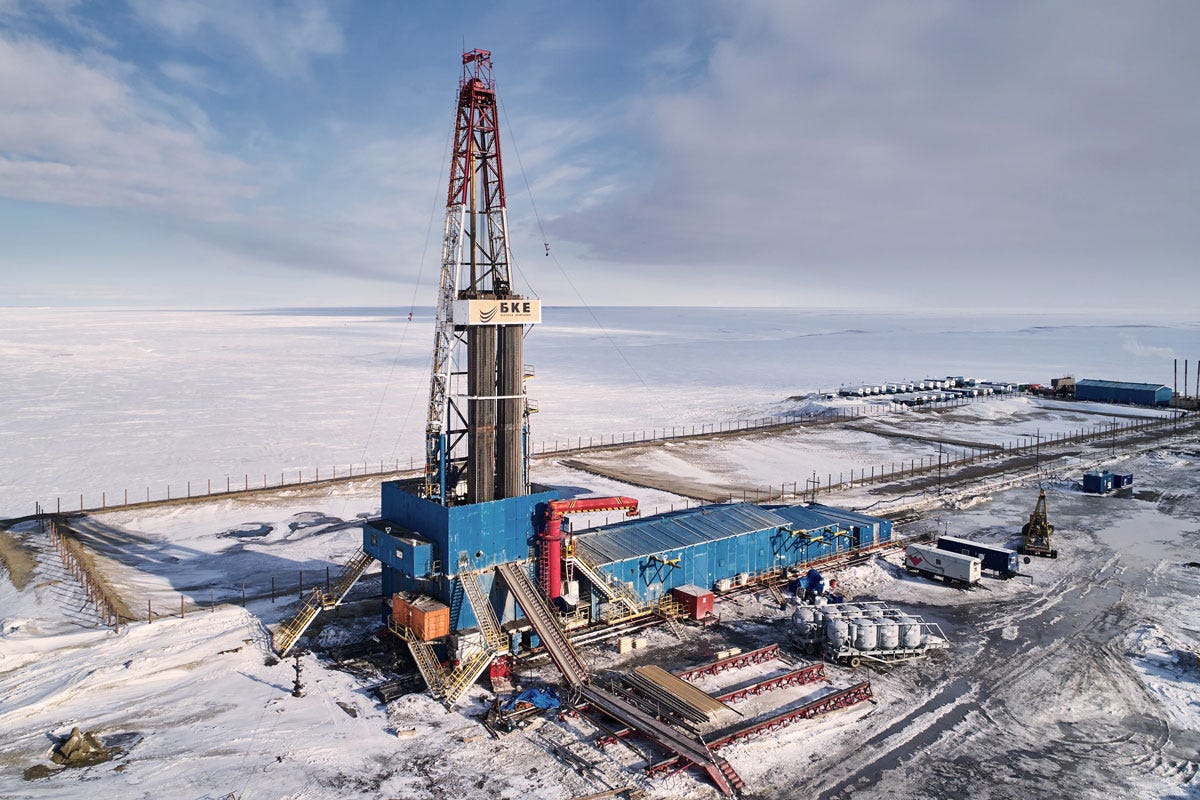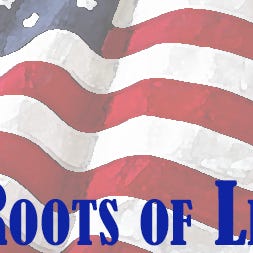A friend recently shared an interesting article that posits Russia having started the first economic world war. It suggests that Russia's post-USSR leadership deliberately sought to entangle itself economically with the West ahead of securing the Black Sea access it's now pursuing via its Ukraine invasion.
If true, it certainly worked, at least to a degree. Crimea was taken with little more than a scolding finger-wag from the West. That Russia has over six thousand nuclear bombs is, obviously, a major factor, but Europe's dependence on Russian energy exports was, and remains, the highest hurdle. This dependence, exacerbated by green delusions that prompted the perversely counterfactual shutting down of nuclear plants, was only overcome by shame. Shame instilled by the courage of the Ukrainians in rejecting Russian annexation, and shame instilled by an Ukrainian President who stepped up to the plate, brass balls on prominent display.
Today's bit was prompted by this comment in the linked article:
However, when it became a major player in the energy market, Russia also increased its exposure to global economic cycles.
Russia did worse than that:
Behold, the Resource Curse. Also known as the Resource Trap or the Paradox of Plenty, it's an observed economic phenomenon wherein a nation with abundant natural resources underperforms economically.
The wealth of a nation lies in its human productivity, not in what's buried under its lands. This is evident across the world and across history (though too many prominent leaders have failed to understand this). Resources matter, of course, but they also coddle. A nation that chooses to simply drill for and mine its wealth is a nation that doesn't build the structures, the culture, or the mindset that produces true prosperity. It's akin to living off a savings account vs actually earning money.
Israel, a nation with no resources and built out of the desert, has twice the per-capita GDP of oil-rich Saudi Arabia, and 2.5x that of Venezuela. Switzerland, also resource-poor (and landlocked), has among the highest per-capita GDPs in the world. Sheikh Mohammed bin Rashid Al Maktoum of Dubai recognized that his nation's resource economy had a finite life, and aggressively transformed the tiny nation into a global hub whose economy is now only 5% oil-based. Russia's was quadruple that as recently as 2019. 40% of her federal revenues and 60% of exports are oil and gas.
Estonia, a tiny nation that embraced free market principles after its liberation from the USSR, experienced an eight-fold growth in per-capita GDP across the past 25 years. Russia's, meanwhile, didn't even double. Where nations that Westernized their economics saw growth and prosperity, Russia became the land of oligarchs, kleptocrats, and weaponized exports, and Putin chose to engage in historical lament rather than do what'd most benefit Russians.
Putin has jammed his resource economy up. Europe is weaning herself off Russian exports, and while that will take some time, it's a response and comeuppance that he clearly didn't figure in his calculations. Yes, oil and gas are fungible, and China et al will buy whatever Europe does not. But, were I Xi Jinping and everyone else in Asia, I'd be buying at a discount, not only today, but downstream as well. It's not so fungible as to be immune to such, and the infrastructure needed to shift deliveries will take time to build.
He's also turned his nation into a global pariah, and set animosities that'll take decades to undo. All for... what? A historical lament?
The West would pose all opportunity and no threat to an economically open, active and interactive Russia. The notion that NATO represents a challenge to Russian hegemony is farcical, barring an attitude of aggressive revanchism that appears to be his motivator. Unless Putin is so blindered by the falsehoods of resource economies that he sees Russia's only path to growth in the seizing of the oil-rich parts of former Soviet Republics. The resource curse predicts the outcome. It's not the path to wealth or prosperity.
If you enjoy The Roots of Liberty, please subscribe (if you have already, thank you!), and please recommend the blog to your friends! While I share it as much as I can on social media, subscribing ensures you won't miss a post.
If you really like The Roots of Liberty and want to help keep it rolling, please consider becoming a paying subscriber here at Substack, or at a lighter level as contributor to the blog via Patreon.
Thank you for your support!
Yours in liberty,
Peter.






Peter, there's a nagging question that I have on this subject and have yet to see it addressed. If it has been please let me know, or maybe consider doing an article about it. The administration keeps telling us that inflation and shortages are due to Putin's actions. If you accept that to be true (it's not, or I should say not to the extent they would have us believe) then doesn't the beg the question of why we have allowed ourselves to be in that position. They can't have it both ways- if it's Putin's fault then why haven't they done anything about it? How have they allowed the US economy to become so fragile that what essentially amounts to a border war (apologies to the casualties, not trying to be callous) on the other side of the world impacts us so severely? I would love to see someone in this administration answer that question. I would surmise that the biggest reason is the climate/green dogma that drives so much policy these days. Would love to hear your thoughts on the question that will never be asked by anyone not named Doocy.
It would appear America's resources are taxes and regulation. Too bad we can't export these.